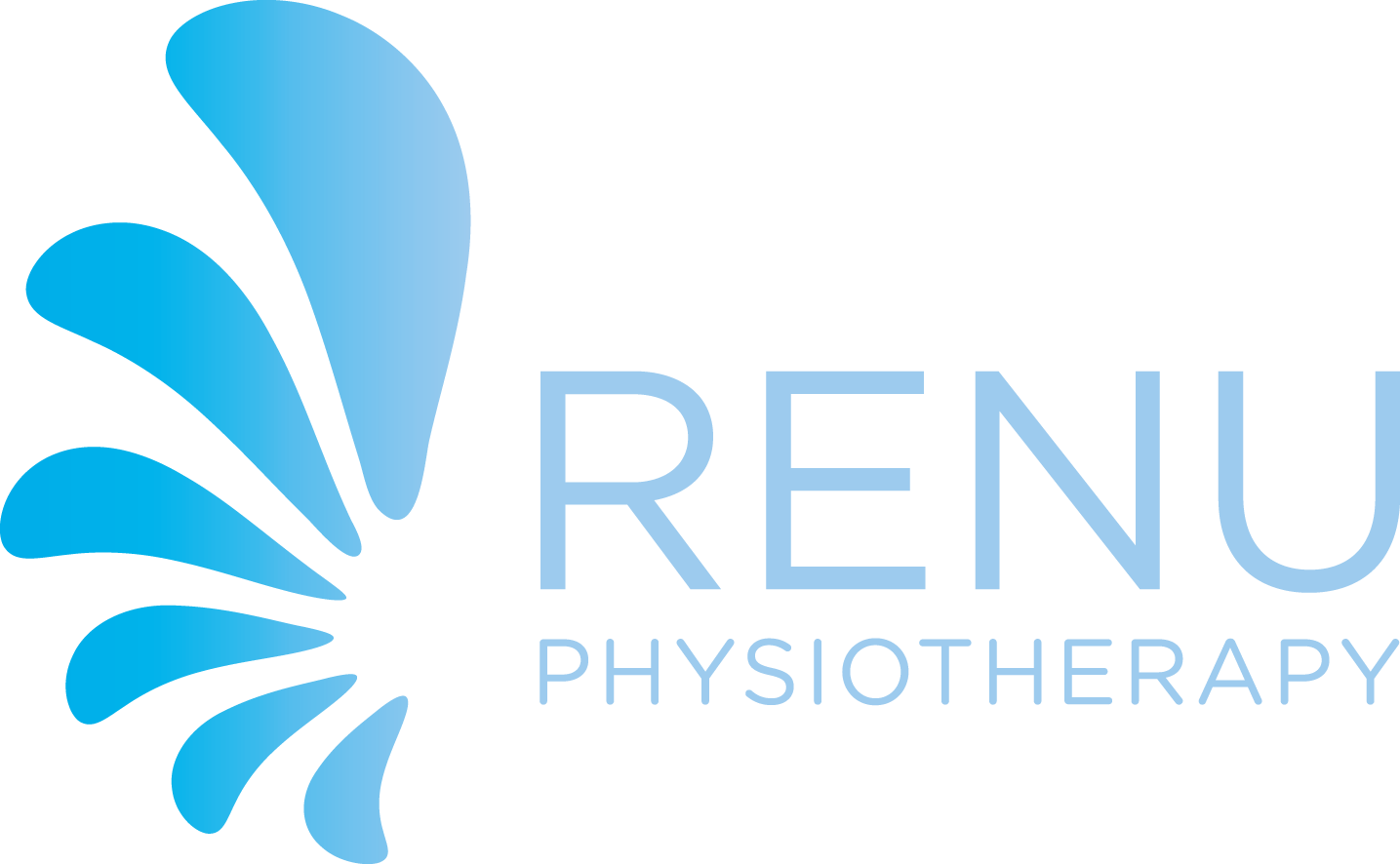
Neck Pain
Our top recommendations for deeper research around your neck pain and how to treat it.
Neck pain
Neck pain is common and can be distressing. Fortunately serious or permanent damage is rare. Acute neck pain usually improves within days or a few weeks. Neck pain responds well to an active Physiotherapy programme which often includes manual therapy. Neck pain can persist and so you may want to look at our persistent pain section too.
The Facts
-Neck pain is common without any damage to spinal structures. We know structures in the spine can be get irritated or strained, and how we move can contribute to pain. But other causes of neck pain are common. Poor sleep, our physical activity levels, and stress are bigger predictors of onset and recovery of neck pain than any damage or so-called poor posture.
-Scans can be helpful, but only in certain cases for a small number of people with neck pain. For 85% of us the results of scans don’t influence treatment, and incidental findings can cause unnecessary worry and radiation. A good clinical assessment can determine whether a scan is needed.
-Neck pain does not mean something is out of place or out of alignment. Despite years of research on this, there is no evidence that spinal structures go out of place (or indeed that they can be manipulated back into place). The spine is a much stronger structure than that.
-Headaches commonly co-exist with neck pain. Other symptoms like dizziness are also relatively common. In a very small percentage of people this can indicate something serious but for most, these symptoms are referred from the neck or caused by tension. A good clinical examination can screen for anything serious and see whether it’s likely your headaches are arising from your neck.
